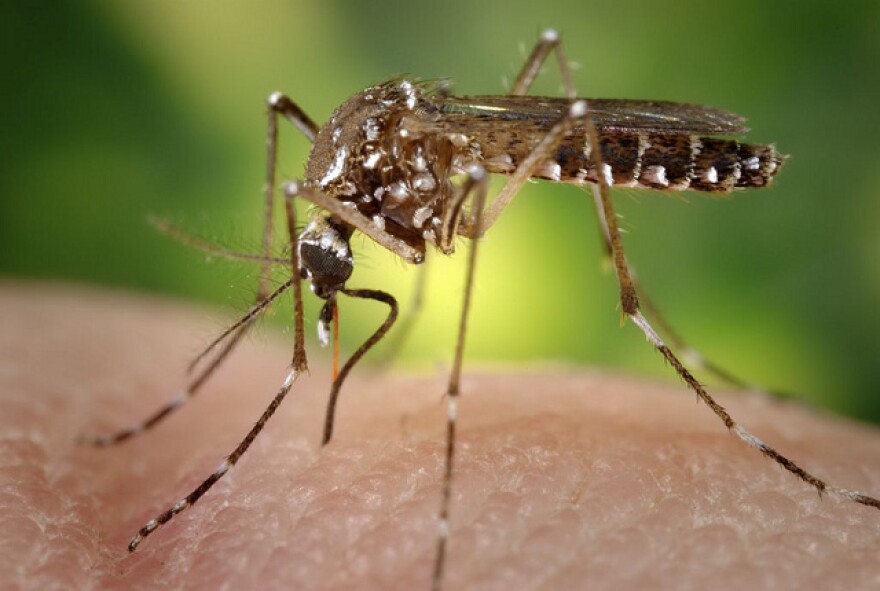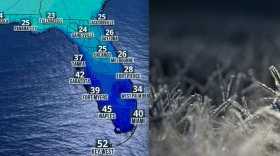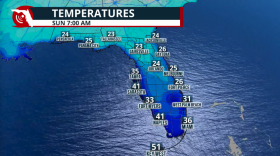UPDATE: Gov. Rick Scott's office announced Wednesday he is ordering Florida Surgeon General Dr. John Armstrong to declare a public health emergency in Miami-Dade, Hillsborough, Lee and Santa-Rosa Counties.
Scott ordered Armstrong to follow guidelines by the Centers for Disease Control and Prevention in creating protocols to control the spread of the Zika virus.
It also authorized Florida Commissioner of Agriculture Adam Putnam to issue additional mosquito control measures in the affected counties.
-----
The Florida Department of Health has reported six new cases of the Zika virus in the state this week to the U.S. Centers for Disease Control and Prevention including two cases in Lee County.
The state has reported a total of nine cases of Zika virus in total. All were contracted outside of the U.S. The CDC has issued travel advisories for countries in Central and South America as well as Mexico, Cape Verde, the Pacific Islands, the Caribbean and Mexico. Symptoms can include a fever, rash, joint pain and red eyes. Researchers are also looking into a suspected link between the virus and babies exposed during pregnancy.
Two cases have been confirmed in Hillsborough County, four in Miami-Dade and one in Santa Rosa County as well. Zika virus along with recent heavy rainfall have made the Lee County Mosquito Control District unusually busy for this time of year.
“We do have some activities related to this imported case where we go out and look for the mosquito that can transmit it in some general areas of the county and then take action to control them with some adulticiding work,” said Deputy Director of Education and Communication for the District Shelly Redovan.
The aedes aegypti and aedes apollinis are the species of mosquito that can spread Zika. They’re also the mosquito varieties that can carry Dengue Fever and Chikunggunya viruses. They’re found in Southwest Florida year-round and despite Lee County’s 56,000 acres of salt marsh breeding habitat, Redovan said these species are typically found in urban and suburban areas.
“They’re very common around peoples’ homes,” said Redovan. “It’s not the mosquitos that are in the ditches or the swamps. These are container-breeder mosquitos that would be hanging around their house. If it should happen where we would actually start to have local transmission, we would go to some aerial applications to try to treat the larva, but right now, the main thing is to get the message across to people to kind of police their property and be good about dumping out their water.”
Redovan advises residents to keep their property free of standing water including in plant containers and even in plants like bromeliads. She says to change out the water in bird baths every few days. Redovan also advises people to protect themselves with long sleeved shirts, pants, socks and repellent.








